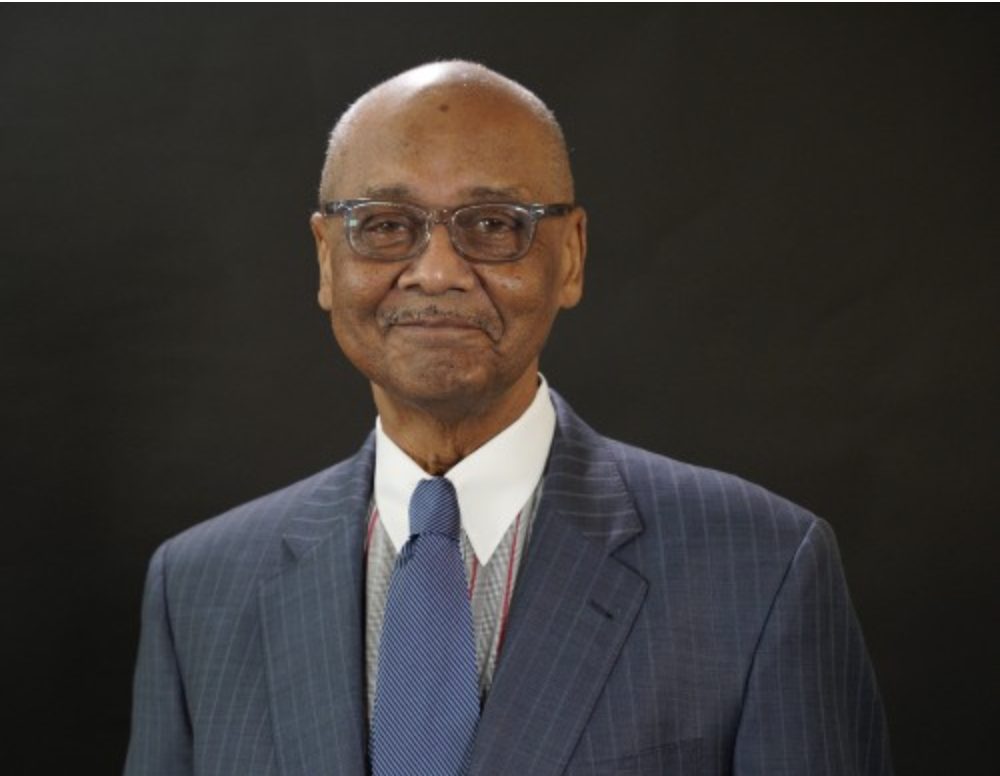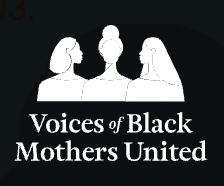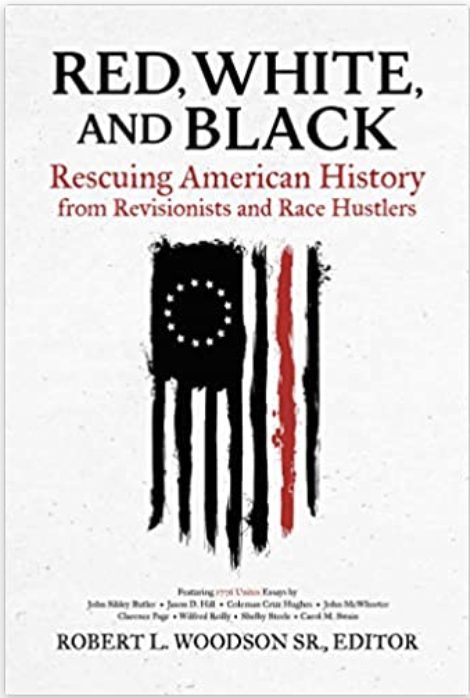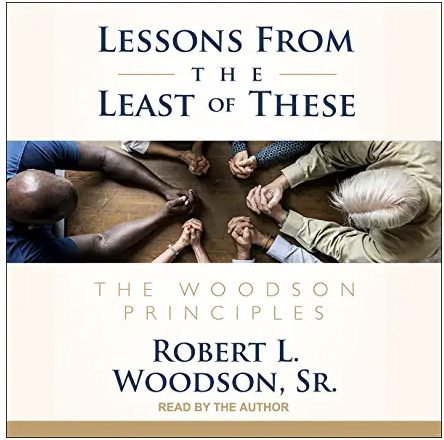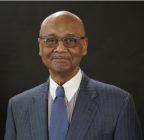The Guy List: Robert Woodson

Robert L. Woodson stepped out of a difficult background to show how to build a future based on personal responsibility. Tweet
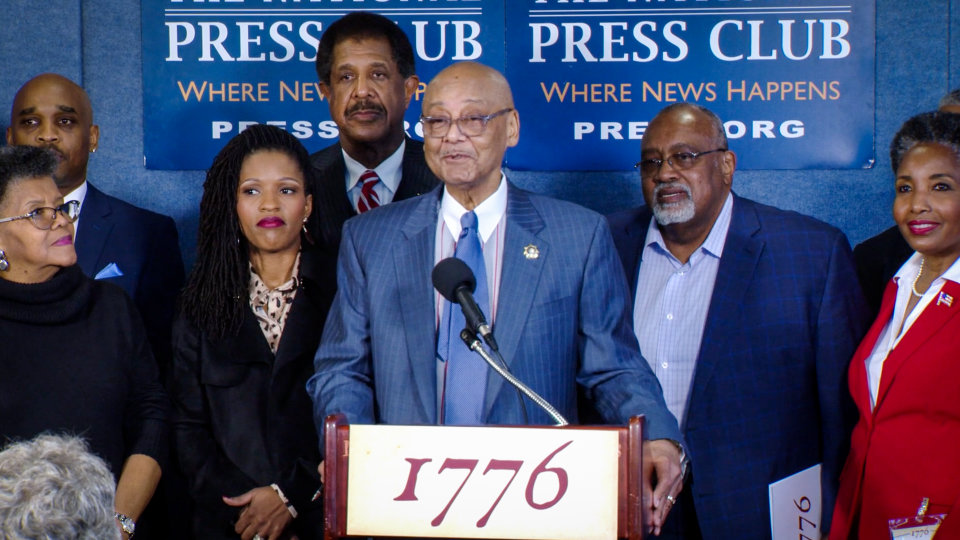
Highlights
No wonder Robert L. Woodson has a place on our list...
...he's helping others understand how badly the mindset of permanent victimhood cripples the poor.
Why he’s one of us:
As we report in this PM story, “Robert Woodson: A Better Vision on Race“:
He steadfastly defends America, for all its faults, as a beacon of liberty and ever-expanding opportunity.
The fact is, Robert L. Woodson, Sr. dissents sharply in almost every key respect from those usually seen as spokesmen for the black American community. While others reflexively blame all America’s ills on systemic racism, Woodson ardently preaches personal responsibility. At a time when it is fashionable to deride the nation’s past as deeply and irredeemably oppressive, he steadfastly defends America, for all its faults, as a beacon of liberty and ever-expanding opportunity. Where others would have the underclass remain permanently mired in acrimony and recrimination, he believes the way forward is to stop blaming and start building at the most basic level: the family and the neighborhood.
And as discussed in PM’s review of Woodson’s latest book, Red, White, and Black: Recovering the Grounds of Black Pride and Patriotism:
Rare is the book that speaks to the moment with intelligence, verve, and moral purpose while highlighting, and reinforcing, enduring insights that have been all but forgotten. Such is Red, White, and Black (Emancipation Books, 2021), whose feisty subtitle, “Rescuing American History From Revisionists and Race Hustlers,” perhaps overstates the merely polemical character of the book. Red, White, and Black does indeed take aim, and very effective aim at that, at those who preach defeatism and despair when it comes to race and race relations in the United States of America. The varied contributors to this volume – some conservative, some liberal, some Christian, some not – are all participants in the 1776 Unites project initiated by the volume’s editor, Robert L. Woodson. They represent an impressive range of African-American and minority voices who, whatever their other differences, refuse the cult of victimization and the hate-filled politics that necessarily flows from it. The contributors are united in rejecting “contemporary groupthink about race, class, and American history that defames our national heritage, divides our people, and instills helplessness among those who already hold within themselves the grit and resilience to better their lot in life.”
A bit about Woodson’s early life:
From the same PM story about the 84-year-old Woodson:
Born into a blue collar family in a segregated, lower middle class Philadelphia neighborhood in the last years before the Great Depression, his father died when he was nine years old, leaving his mother to raise Robert and his four siblings. “There were temptations all around, but I was raised in a Christian home. My mother always exhibited Godly values to us. She said ‘I don’t go to the bar at night. I come home to you.’”
Woodson dropped out of high school to join the Air Force where, showing a talent for math, he was assigned to aircrews monitoring missile tests. Afterward, he belatedly got his high school degree, then took a job at a juvenile detention facility to pay for his BA, having already been promised a position in GE’s space division. But at the juvenile facility he had “a burning bush experience.” He became a father figure to a half dozen teenage boys “with a similar profile as myself – of good character, but just in a bad situation.” He says now that if he’d had the money, “I would have adopted them.”
The experience changed his life trajectory: he would try to help kids like these by the thousands and tens of thousands. Leaving math and science behind, he earned a master’s in social work and got involved in the civil rights movement.
Why he lost faith in the civil rights movement:
Our Woodson profile continues:
Yet that once-noble [civil rights] movement soon lost its way, intent on generating social welfare programs that were not just unproductive, but actively harmful. “They tore apart the black family,” says Woodson, destroying the very cultural protections that had shielded them from disintegration. For the poor, a welfare check was no substitute for a father in the home, or food stamps for a lack of personal preparation.
Nor could he fail to notice that the decline in opportunities for the poor were especially prevalent in cities run by black Democrats.
No one today preaches with greater fervor how badly the mindset of permanent victimhood cripples the poor. “We must move to a post-1960s America where we realize that racism is in dramatic decline and that America is a country of redemption and second chances.”
He is especially scornful of those eager to twist history to their ideological ends, casting individuals into categories of oppressors and oppressed. “There were black people and Native Americans who owned slaves,” he points out. “There were Native Americans who almost committed genocide against other Native Americans. Land grabbing and intergroup tribal warfare occurred all over this country. We have a very complicated history.”
Most recently, here’s how he has responded to the false history of the 1619 Project from The New York Times:
Continuing from the same PM profile of Woodson:
As a direct response to the false history of The New York Times’ 1619 Project, with its “core narrative that the problem facing large numbers of low-income blacks is the legacy of slavery and Jim Crow,” Woodson initiated the 1776 Unites movement. It publishes essays by such notable black dissenters to the racial grievance narrative as John McWhorter, Shelby Steele and Glenn Loury (all available at the Woodson Center website) and has also developed a K-12 curriculum, available free for download by parents and for use in public schools. The Ohio Board of Education recently decided to withdraw the 1619 Project materials from its classrooms and replace them with 1776 Unites.
More From Robert Woodson
